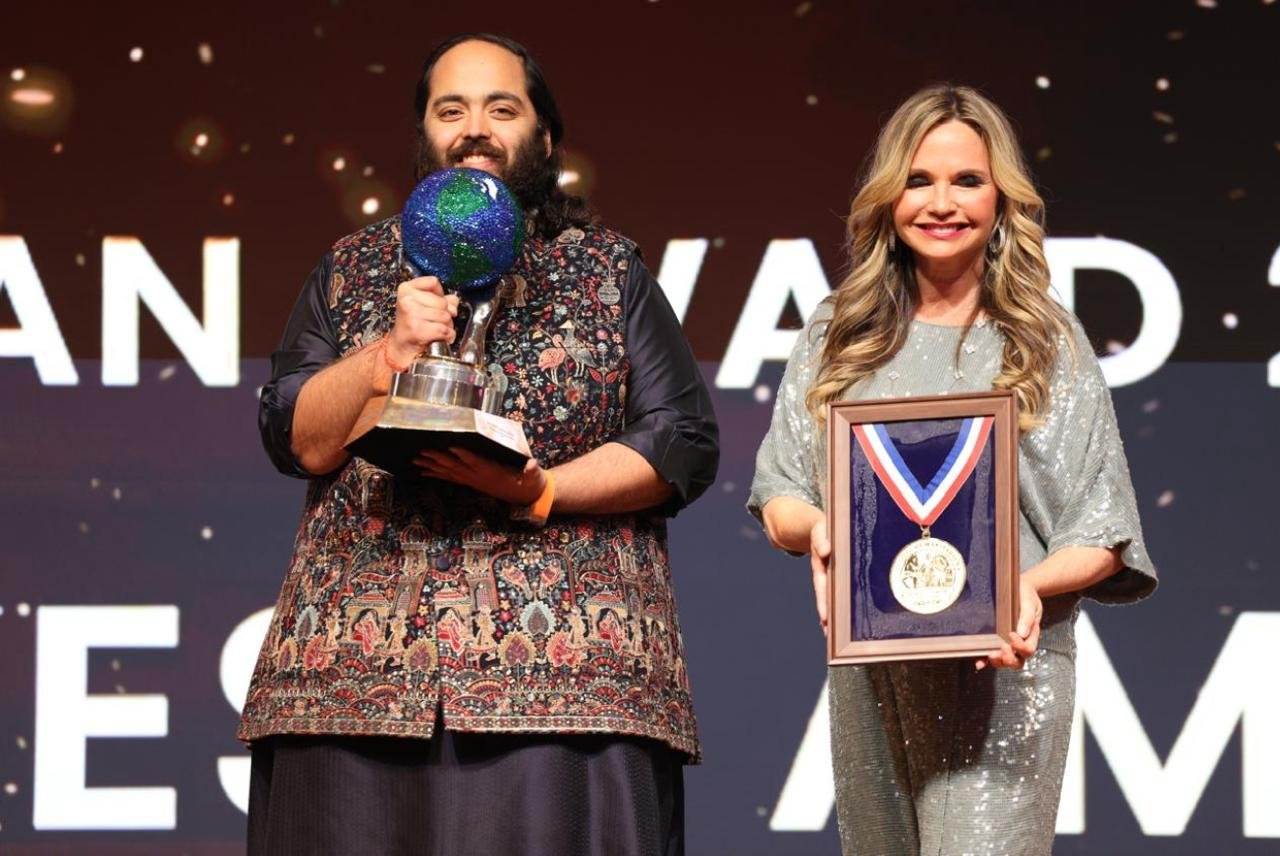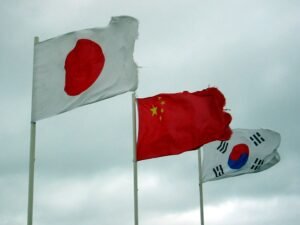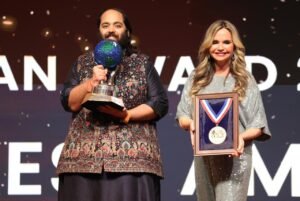Shogun Shatters Emmy Records: A Triumph for Japan
- The series “Shogun” made history at the Emmy Awards, winning 18 statuettes and becoming the first non-English-language winner of the best drama series.
- Hiroyuki Sanada, who portrayed Lord Toranaga, became the first Japanese actor to win an Emmy, with co-star Anna Sawai also winning for her role as Lady Mariko.
- Despite many Japanese not having watched the series, the wins have been met with jubilation in Japan.
- The series’ success and cultural authenticity mark a new chapter in the representation of Japanese culture in international media.
Japan is currently reveling in the glow of an unprecedented victory at the Emmy Awards. The series Shogun, which delves into the country’s feudal era and warring dynasties, scooped up an impressive 18 statuettes at the television awards in Los Angeles on Sunday. This feat not only broke all-time records but also marked the series as the first non-English-language winner of the highly coveted award for best drama series. The series’ lead, Hiroyuki Sanada, who portrayed Lord Toranaga, became the first Japanese actor to win an Emmy. His co-star, Anna Sawai, mirrored this achievement with her performance as Lady Mariko.
A Historic Win for Japan
This double victory has been met with jubilation in their home country, despite many Japanese confessing to not having watched the series. Kiyoko Kanda, a 70-year-old pensioner, expressed her joy at Sanada’s win, stating, As a Japanese, I’m happy Sanada won. He worked so hard since he moved to Los Angeles. Kanda, like many others, has only watched the trailer of the series, which is available exclusively on Disney’s streaming platform, a relatively new entrant in Japan. Despite this, she expressed her eagerness to watch the series, curious about its portrayal of Japan.
Sanada, now 63, embarked on his acting career at the tender age of five in Tokyo. He relocated to Los Angeles after his appearance in Last Samurai in 2003. His Emmy win and the phrase historic achievements trended on social media in Japan, with his acceptance speech garnering tens of thousands of views.
Impressions and Reactions
Yusuke Takizawa, 41, was also among those who had only watched the trailer but was nonetheless impressed by the quality of the show. He praised the high-spirited acting, attention to detail, and film technology, expressing his belief that many young people would be inspired to try their hand in Hollywood after watching Sanada’s performance.
Tourists at Osaka Castle, a significant historical location for the series, also welcomed the record Emmy win. Zara Ferjani, a visitor from London, described Shogun as the best TV show she had seen this year. She appreciated the beautiful direction and enjoyed watching a non-English series. She had planned to watch Shogun after returning home from Japan, but a friend advised her to watch it beforehand to appreciate the culture and Osaka Castle more.
Shogun: A New Chapter in Japanese Cinema
The Japanese film industry also celebrated the series’ success. Shinichiro Ueda, director of the hit low-budget film One Cut of the Dead, lauded Sanada’s win, writing, He won after many years of trying hard in Hollywood. It’s too cool.
Shogun is adapted from a popular novel by James Clavell and filmed in Canada. It tells the tale of Lord Toranaga, who fights for his life against his enemies alongside Mariko and British sailor John Blackthorne. A previous TV adaptation made in 1980 was centered on Blackthorne’s perspective. However, the new Shogun breaks away from decades of cliched and often bungled depictions of Japan in Western cinema, with Japanese spoken throughout most of the show.
Sanada, who also co-produced the drama, is credited with bringing a new level of cultural and historical authenticity to Shogun. An army of experts, including several wig technicians from Japan, worked behind the scenes to make the series realistic, poring over sets, costumes, and the actors’ movements.
The series’ success and Sanada’s historic win have been celebrated as a significant achievement for a Japanese actor in Hollywood. Despite many Japanese not having watched the series due to its availability on a relatively new platform, Disney+, the reaction has been overwhelmingly positive. The series’ cultural authenticity and the recognition of Sanada’s long career have been met with joy and pride, marking a new chapter in the representation of Japanese culture in international media.













Post Comment